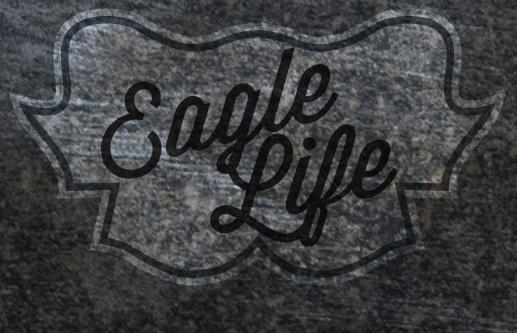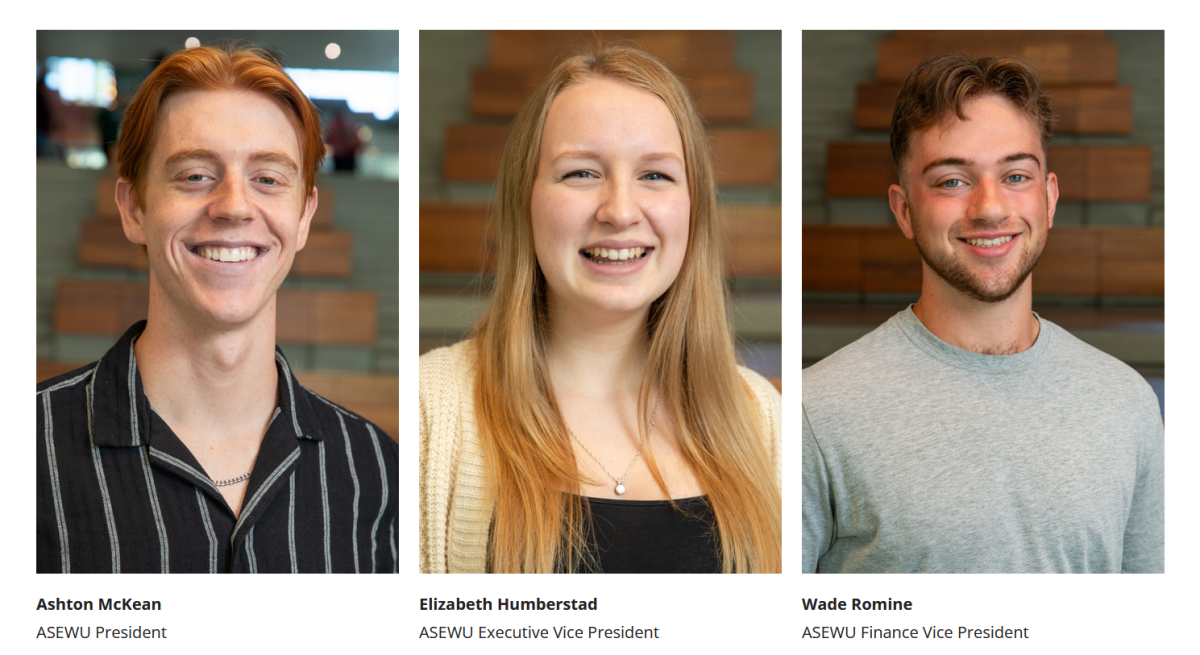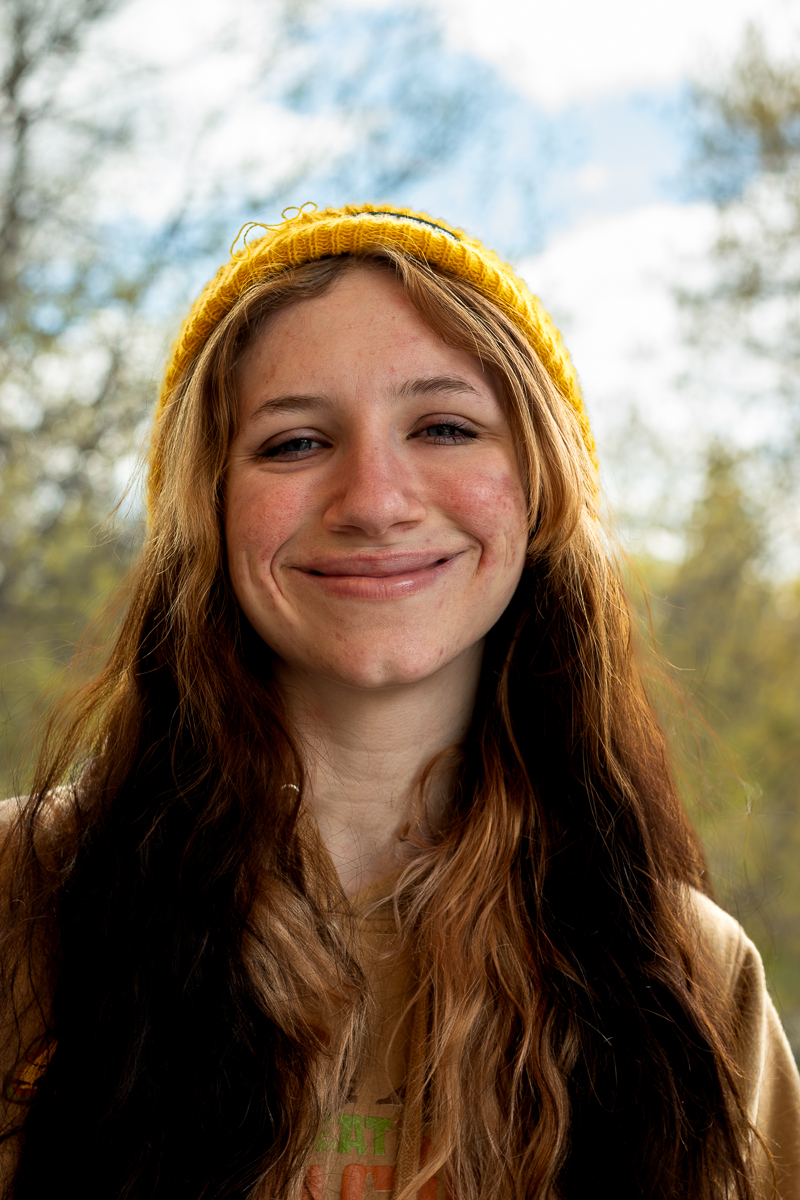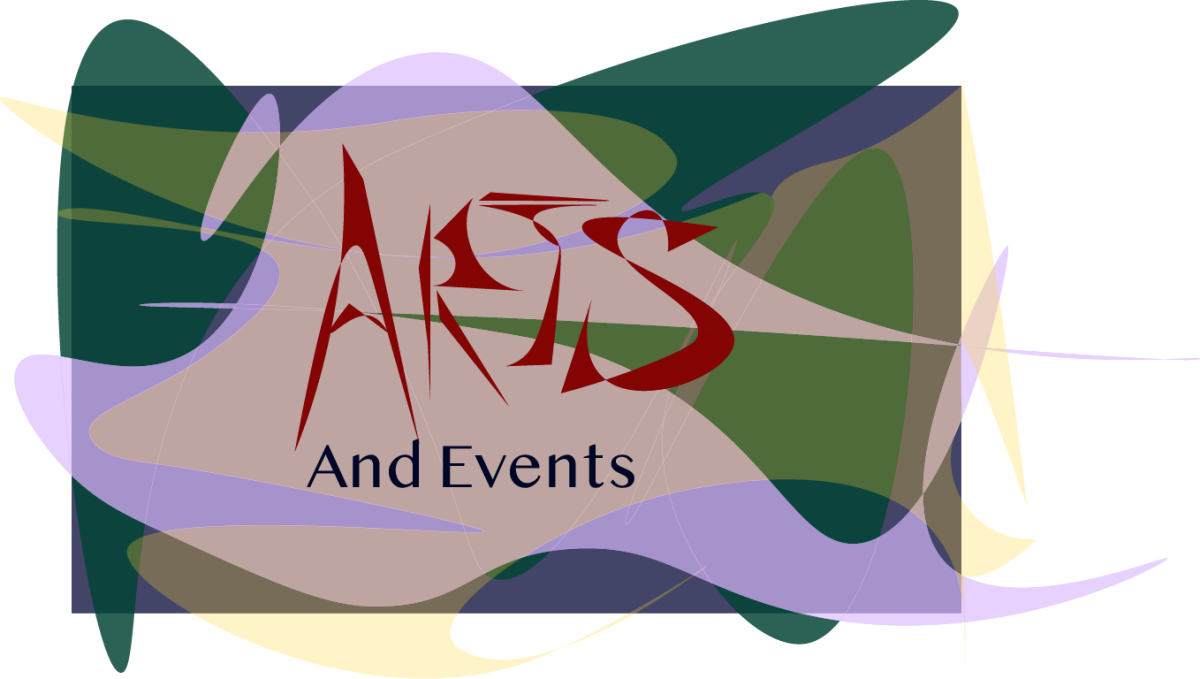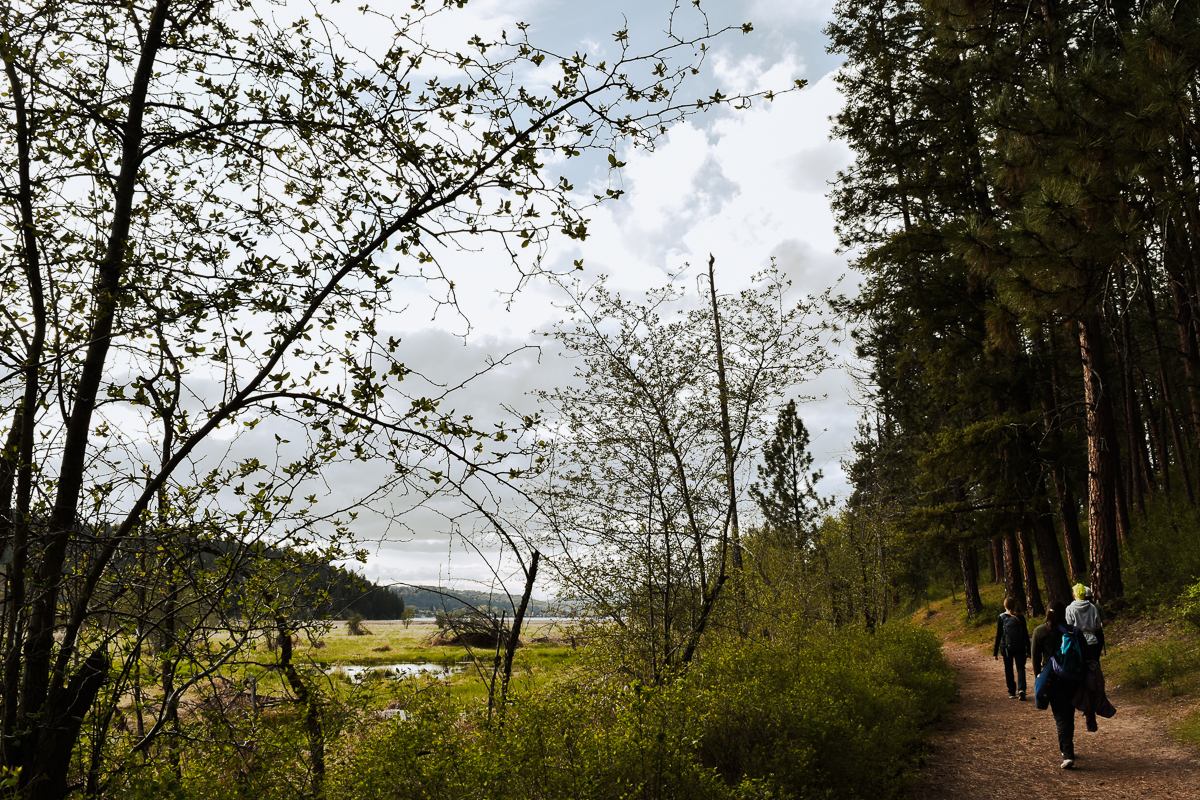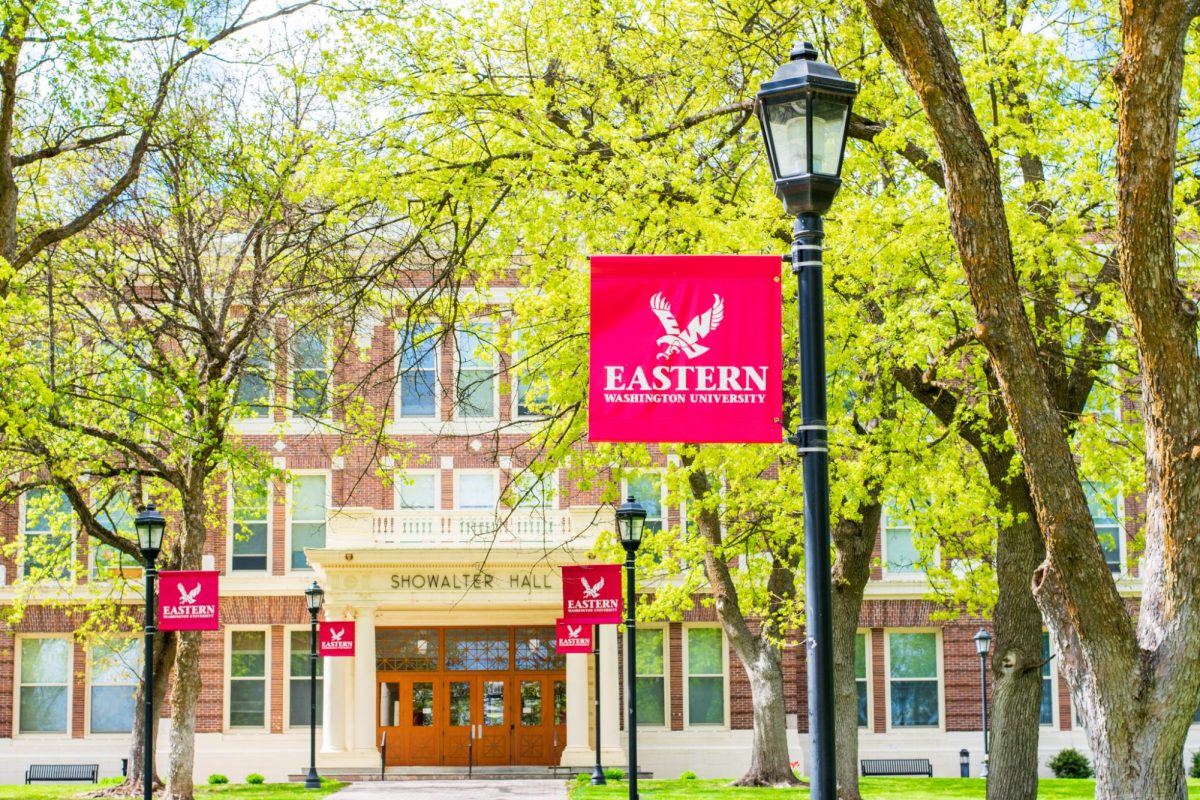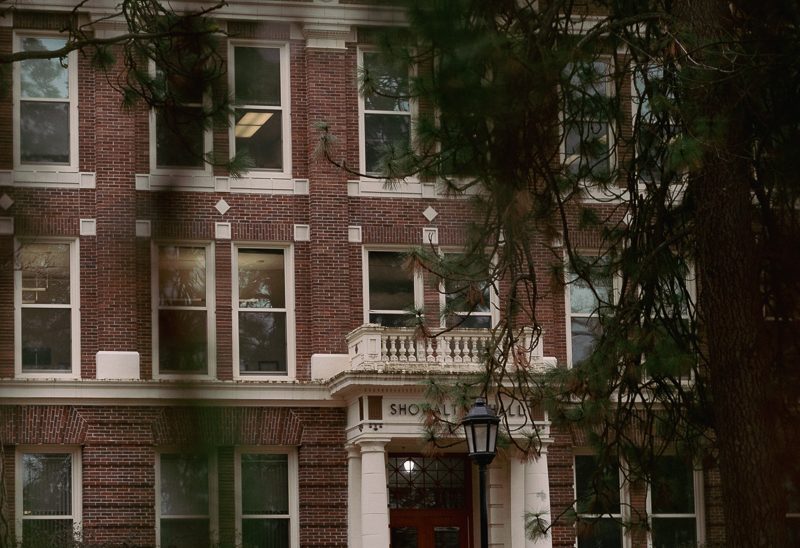By Rebekah Frank
During this past winter quarter, many students, faculty members and community members filled the EWU Women’s Studies Center to learn how to work together toward a common goal.
The women’s studies center recently added an “Activist in Residence” workshop.
EWU Women’s and Gender Studies professor Elizabeth Kissling said the department director Sally Winkle had the idea of doing these workshops. The workshops would consist of interactive discussions of how people can be active in their community at any level.
Kissling said Winkle went to the National Women’s Studies Conference and heard about a similar program taking place at the University of Oklahoma and decided to try it at EWU. The members of the women’s studies center were excited about the idea.
The idea of these workshops is to bring an activist in the community to hold workshops that enlighten attendees about community involvement.
“Having somebody come to campus and not necessarily teach a class for students, but have them learn about ways they can be more engaged in the community, no matter what type of engagement they’re interested in,” said Kissling.
The women’s studies center brought in Liz Moore, who is the director of the Peace and Justice Action League of Spokane. Kissling said she likes the league because they focus on broad issues and involvement, instead of limiting themselves to specific ones, such as focusing on equality for everyone instead of one specific demographic.
“They were really broad things that were applicable to any kind of community engagement or activism,” said Kissling.
EWU manager of the women’s studies center Carol Vines said they have had a great turnout to these workshops. More than 50 people showed up, ranging from students to faculty to community members.
Vines also said many professors offered extra credit to their students if they came to the workshops. Those attendees who came to all four received a certificate at the end.
“One student said that she took it for the extra credit, but she got so much more out of it than she ever thought she would. … She really felt like it was very worthwhile,” said Vines.
The discussion topics for these workshops included motivating people to act, building alliances across differences, campaigns that initiate change and standing up for nonviolence.
Vines said some of the workshops were a little interactive. Moore would ask questions and invite people to make their decisions by choosing a side of the room. After everyone who wanted to had moved, she asked for volunteers to explain their choices.
“She had people choose what violence was and what nonviolence was, and people were very challenged by that. … If you watch violence happen and you do nothing, are you being nonviolent or are you being violent by being a passive bystander? I think it was very self-insightful for people, to make that choice and not just sit there, but to have to go to a side of the room and say, ‘This is where I stand,’” said Vines.
Vines said she really enjoyed the workshops and the discussions they had. Everyone who came was invited to fill out a survey, and the only negative comment was that the room was too small.
“It is something that students really seem to want, is to be involved in their communities,” said Kissling.




